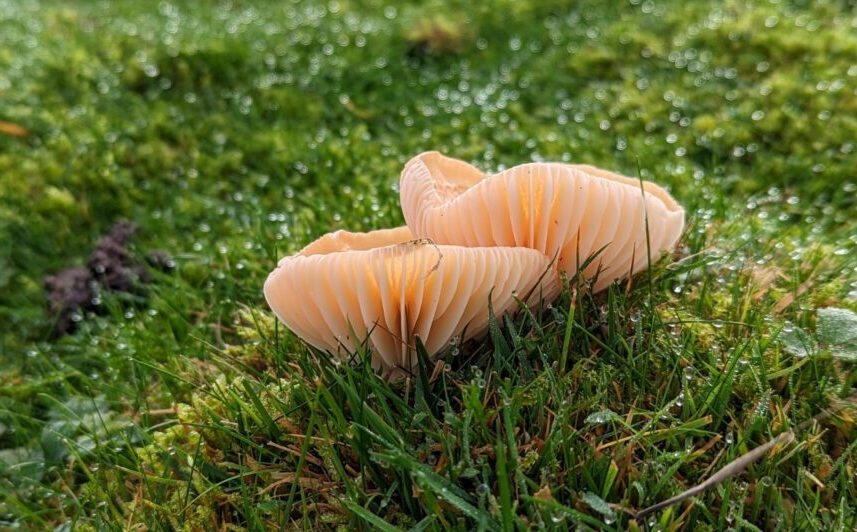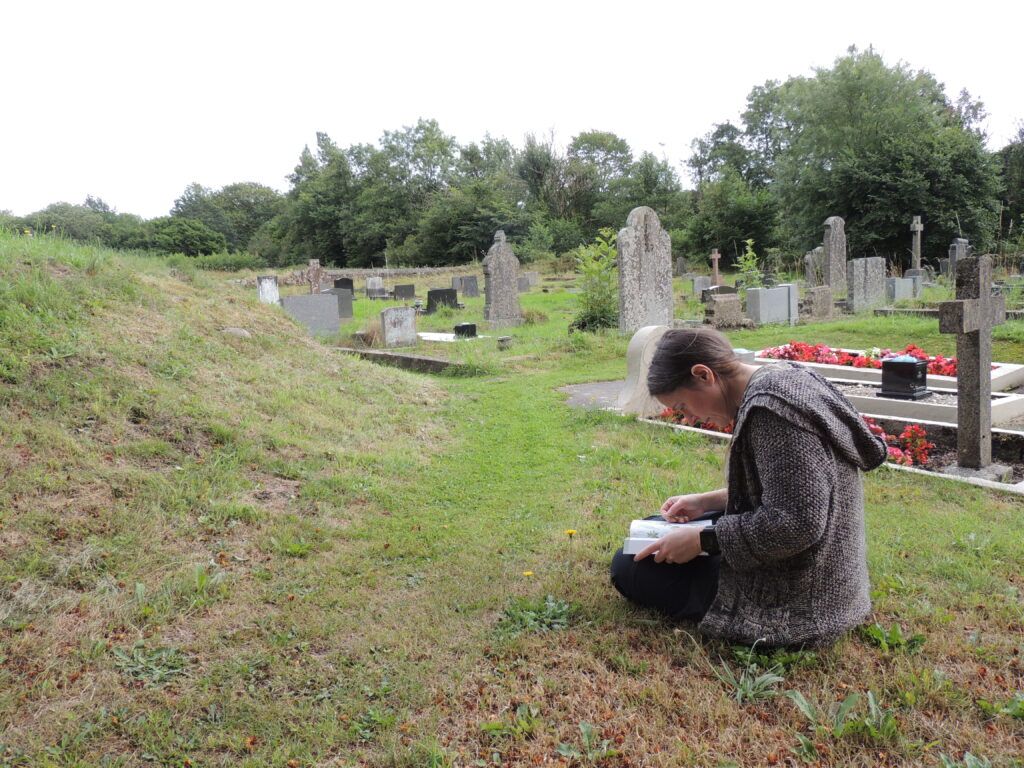Defining ancient grassland

Ancient grasslands are incredible habitats for a wide range of species but have faced a significant decline.
Ancient grasslands are home to many rare and important species. These include rare and endangered fungi species including waxcaps, “earthtongues”, coral, spindle and club fungi, “crazed caps”, pink gills and hygrocybes (which means “wet head”). These fungi species can be used to indicate whether a grassland is ancient.
In the UK, we’ve lost more than 97% of species-rich ancient grasslands since the 1930s, and 90% of semi-natural grasslands have been lost across Europe. This loss has occurred as ancient grasslands are often not seen as productive land, so are converted to other habitats or developed on, abandoned and grow into other habitats, or are contaminated with agricultural pollution. But they’re actually incredible habitats for a wide range of species and extremely good carbon stores, drawing carbon down into the soil.
Protecting ancient grassland habitats
The team at Plantlife recognises the importance of ancient grassland habitats and is starting a project to create an official definition of them, so they can be better protected here in the UK. They’ll use the special species of fungi that call them home as indicators for whether grassland is ancient. This will help ancient grasslands be recognised in our policy and legislation, protecting them from development and helping farmers manage ancient grasslands better. They will also list them in an inventory – like the ancient woodland inventory – which will help map and monitor the habitat.
This in turn will help protect the rare fungi species which call ancient grassland home – but often live unnoticed under the surface, only ‘flowering’ with their fruiting bodies once a year. Nearly 90% of waxcap species found in ancient grassland are threatened, but hopefully this project will help get their overlooked habitats better protected, so we can all have a chance of spotting an earthtongue.
Help us protect these habitats with a donation today.

